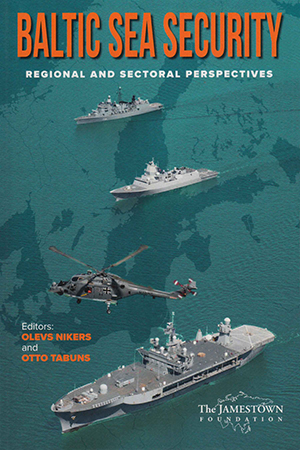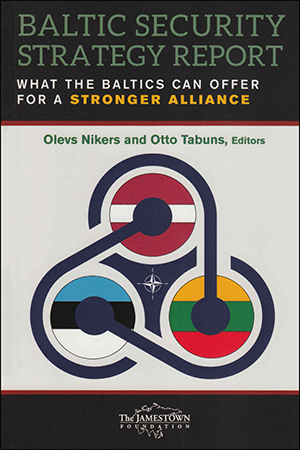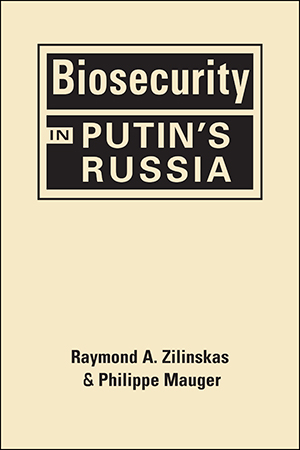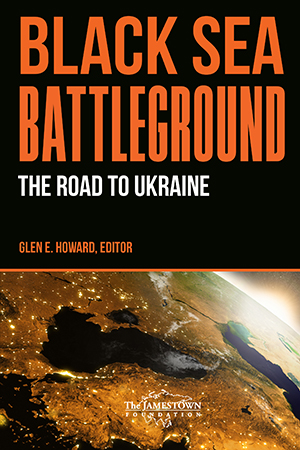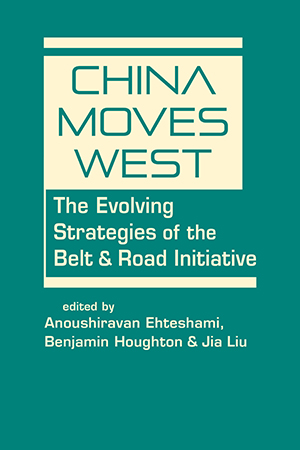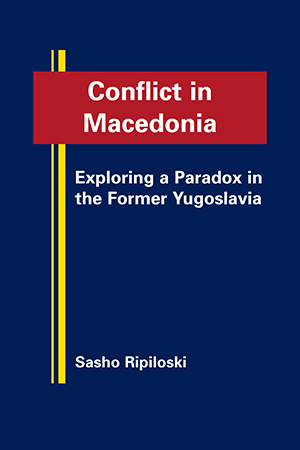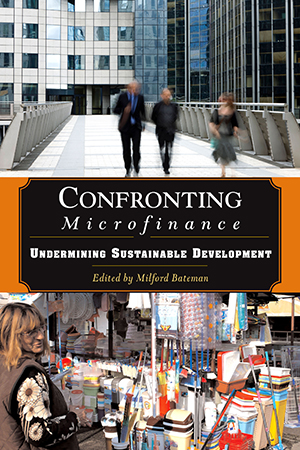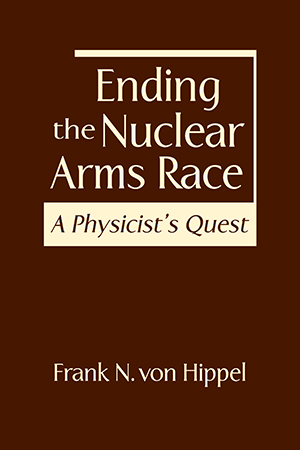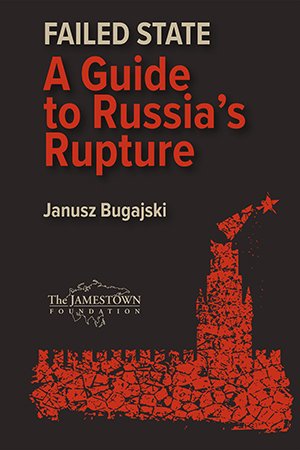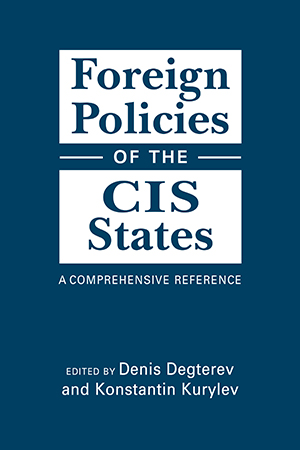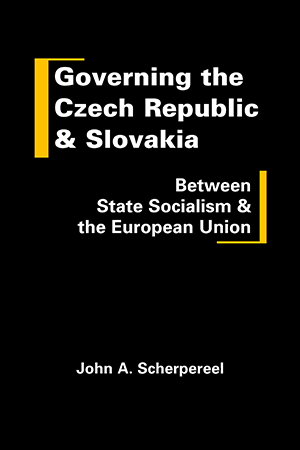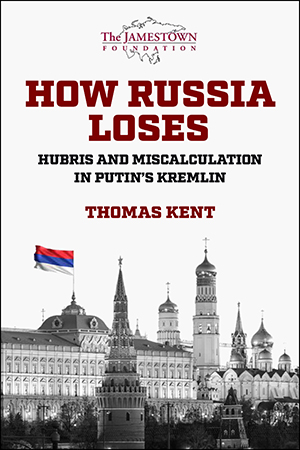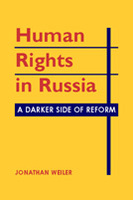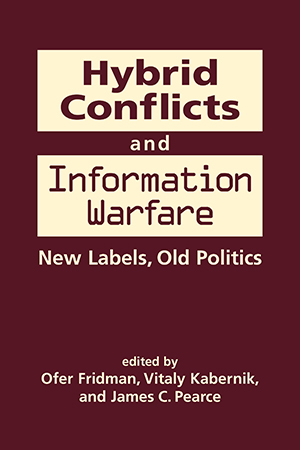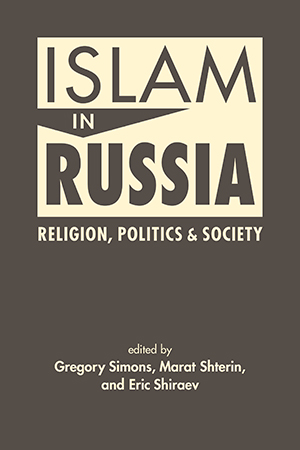Russia and the Former Soviet Bloc
Baltic Sea Security offers a multifaceted discussion of the complex security issues affecting the Baltic region—with important implications for the cohesion of the wider transatlantic More >
This in-depth security review of Estonia, Latvia, and Lithuania assesses current challenges pertaining to defense and deterrence, societal security and resilience, economic security, and More >
In March 2012, at a meeting convened by the recently reelected Russian president Vladimir Putin, Minister of Defense Serdyukov informed Mr. Putin that a plan was being prepared for "the More >
Black Sea Battleground identifies and analyzes the key elements of a comprehensive US strategy for dealing with the cauldron of geopolitical and military competition in the Black Sea region. More >
In September 2013, Xi Jinping announced the launch of a Chinese-led megaproject, the Belt and Road Initiative, that would transform Asia's position within the global economy. Some ten More >
How did Macedonia attain its status as the only Yugoslav republic to achieve a nonviolent transition to independence in the early 1990s? And why did the initial peace fail to More >
Despite the popularity of microfinance as a tool for economic development, there has been little analysis of its foundations or its real effectiveness in fighting poverty. Attempting to fill More >
Frank N. von Hippel shares his remarkable journey as a key figure in the history of nuclear weapons and nuclear energy, illuminating the far-reaching consequences of nuclear accidents and More >
Attempts to transform the Russian Federation into a nation state, a civic state, or a stable imperial state have failed, argues Janusz Bugajski. Paradoxically, though Vladimir Putin assumed More >
How do the former Soviet republics that now constitute the Commonwealth of Independent States (CIS) interact with each other and with other regional and world powers? What are the conceptual More >
Why do democratic leaders sometimes choose not to establish institutions that would promote the consolidation of democracy? And what are the consequences of those choices? Focusing on the More >
Vladimir Putin's efforts to build influence abroad have succeeded in many places, but the Kremlin has also faced serious hurdles and even defeats. Thomas Kent delves into six cases where More >
The connection between Soviet authoritarianism and human rights violations once seemed unassailable, as did the belief that a transition away from communist rule would lead to better More >
What is hybrid warfare? And what role does information play in today's conflicts? In the context of the technological/information revolution of the last two decades—which has More >
Russia's Muslims, numbering some 15 million, constitute far from a homogeneous sociopolitical group. So ... What does it mean to be a Muslim in Russia today? How is the image of More >


